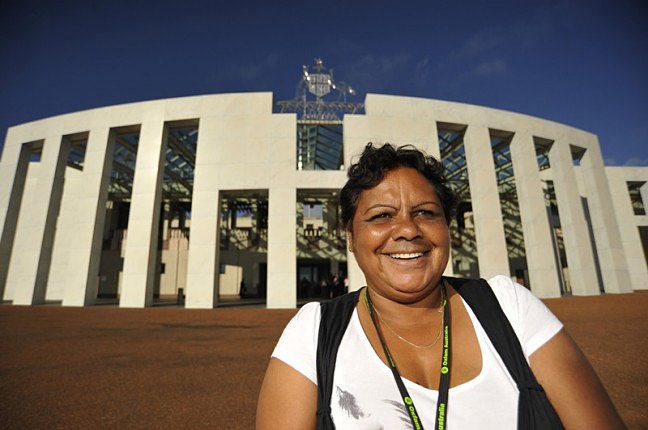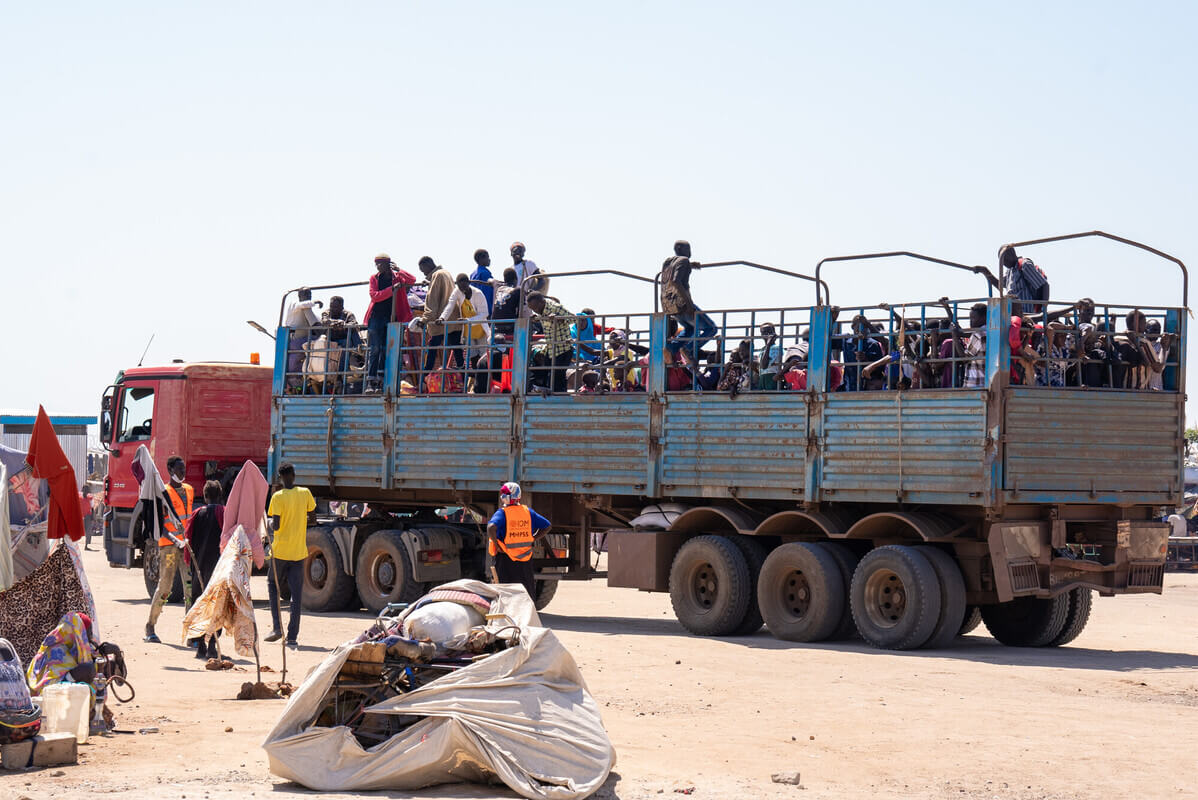Oxfam Australia CEO Dr Helen Szoke:
The passing of the Act of Recognition Bill through the House of Representatives is an historic moment for Australia and marks a significant step towards a referendum to recognise Indigenous Australians in our country’s constitution.
The Australian constitution entered into force in 1901 without input from Aboriginal or Torres Strait Islander people. In fact, the only mention of the nation’s first peoples was to exclude them. Aboriginal and Torres Strait Islander Peoples are still not recognised in the Australian Constitution as Australia’s first peoples.
Passed on the fifth anniversary of the Apology to the Stolen Generations – the Act of Recognition Bill is a great show of multi-party resolve to hold a referendum to amend the constitution. While the passing of the Bill is incredibly significant, all parties must continue to promote the importance of constitutional recognition to move Australia towards a successful referendum.
Today’s anniversary gives Australians cause to reflect on government policies that dispossessed Aboriginal and Torres Strait Islander peoples across the country and the devastating effect this had. In an election year, it’s tremendous to see that recognising Indigenous peoples in Australia’s Constitution is an issue all parties support, with today’s passing of the Act of Recognition Bill signifying an important step forward.
Changing the Constitution is a way all Australians can unite to acknowledge our history and the great contribution made by Aboriginal and Torres Strait Islander peoples. I look forward to the government conducting a review within the next year to examine public support for a referendum on constitutional recognition, as outlined in the Bill. It’s essential that any review involves meaningful consultation with Aboriginal and Torres Strait Islander peoples.
Get involved
- Sign Oxfam’s pledge to recognise Aboriginal and Torres Strait Islander people in Australia’s Constitution.
- Learn more about Oxfam’s work with Indigenous Australians.



